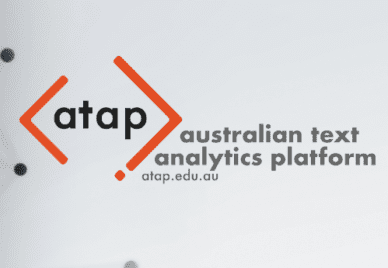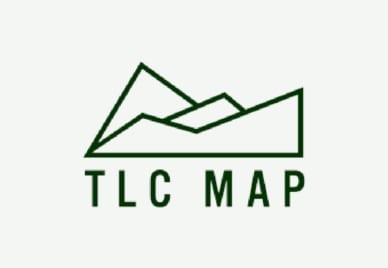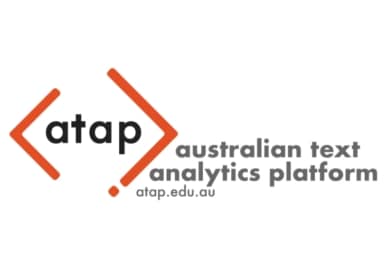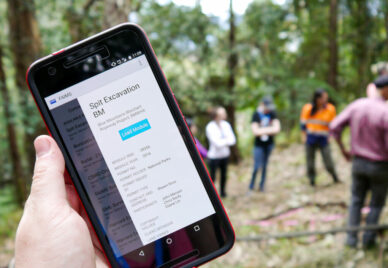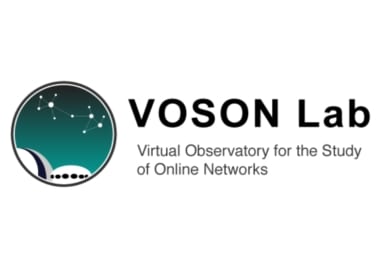About the Australian Research Data Commons (ARDC)
The Australian Research Data Commons (ARDC) is building Australia’s research data infrastructure. We provide Australian researchers with access to national research data collections, cloud computing, platforms and data-intensive research skills training.
For over 10 years, we have been providing services to researchers across Australia. We work with all universities in Australia, government agencies, overseas organisations and more.
Top 3 Resources to Accelerate Your HASS and Indigenous Research Now
Through our services and co-investment projects, we provide HASS and Indigenous researchers with access to datasets, free digital research tools and upskilling materials.
These include the following 3 resources – and you’ll find more further down:
HOW WE SUPPORT HASS AND INDIGENOUS RESEARCHERS
Robert McLellan is Gooreng Gooreng and Industry Fellow and Program Manager at The University of Queensland working on the ARDC-supported Language Data Commons of Australia.
Robert McLellan

Professor Christopher Pettit leads the ARDC-supported project for housing data analytics.
Christopher Pettit

Stay Up to Date: Get Your Free Guide for Data-Intensive HASS and Indigenous Research
You’ll also receive our fortnightly newsletter ARDC Connect, which shares latest news, events, training and resources for data-intensive research in Australia.

Free Tools for HASS and Indigenous Research

ARDC Nectar Research Cloud
Accelerate your research with cloud compute resources, software and data that can be accessed anywhere. Start your 6-month trial.
The Nectar Research Cloud allows fast, remote access to reliable computational capabilities, software and data.
Australian researchers can use the Nectar Research Cloud to develop and host services including databases, data repositories, web services and tools, and large-scale research platforms or virtual research environments.
We host services for earth and environmental science researchers on the Nectar Research Cloud, which can save time, boost your productivity, facilitate collaboration and give you added power to conduct your research:
Virtual Desktop Service
Access extra computing capabilities through any of the 6 desktops we offer, which you easily set up in minutes.
Jupyter Notebook Service
Develop, combine and export computational notebooks and interactive visualisations in Python, R and SciPy.
The Nectar Research Cloud also hosts digital services provided by ARDC-supported projects and other National Collaborative Research Infrastructure Strategy (NCRIS) facilities, including Australia’s spatial intelligence network AURIN.
Services include:
- Humanities Networked Infrastructure (HUNI) – an Australian humanities and creative arts database
- Pacific and Regional Archive for Digital Sources in Endangered Cultures (PARADISEC)
- Cinema and Audiences Research Project (CAARP) – a database of film-related events
- Digital Archive of Queensland Architecture – thousands of audiovisual and textual files that allow you to explore relationships between people, projects and firms
- Mindfields – helping school students develop skills for social and emotional wellbeing.
We provide hands-on cloud computing training for all researchers. Topics include getting started with the Nectar dashboard and basic security on the Nectar Research Cloud.
To access our cloud computing training, visit the Nectar Research Cloud Learning and Training Support Centre.
We Are Building the HASS and Indigenous Research Data Commons
The ARDC is leading a $25 million investment from the Australian Government’s 2023 National Collaborative Research Infrastructure Strategy (NCRIS) funding round to support the development of enduring national digital research infrastructure for HASS and Indigenous researchers in Australia. The HASS and Indigenous Research Data Commons (HASS and Indigenous RDC) is helping institutions share data more freely, ethically and cooperatively, following the FAIR and CARE data principles as well as Indigenous data governance protocols.
The program brings together existing and ongoing investments to produce digital platforms that will improve access to Australia’s rich HASS and Indigenous data and provide innovative analysis tools. They include:
- the Language Data Commons of Australia
- Trove enhancements
- Integrated Research Infrastructure for Social Sciences
- Improving Indigenous Research Capabilities
- the ARDC Community Data Lab.


